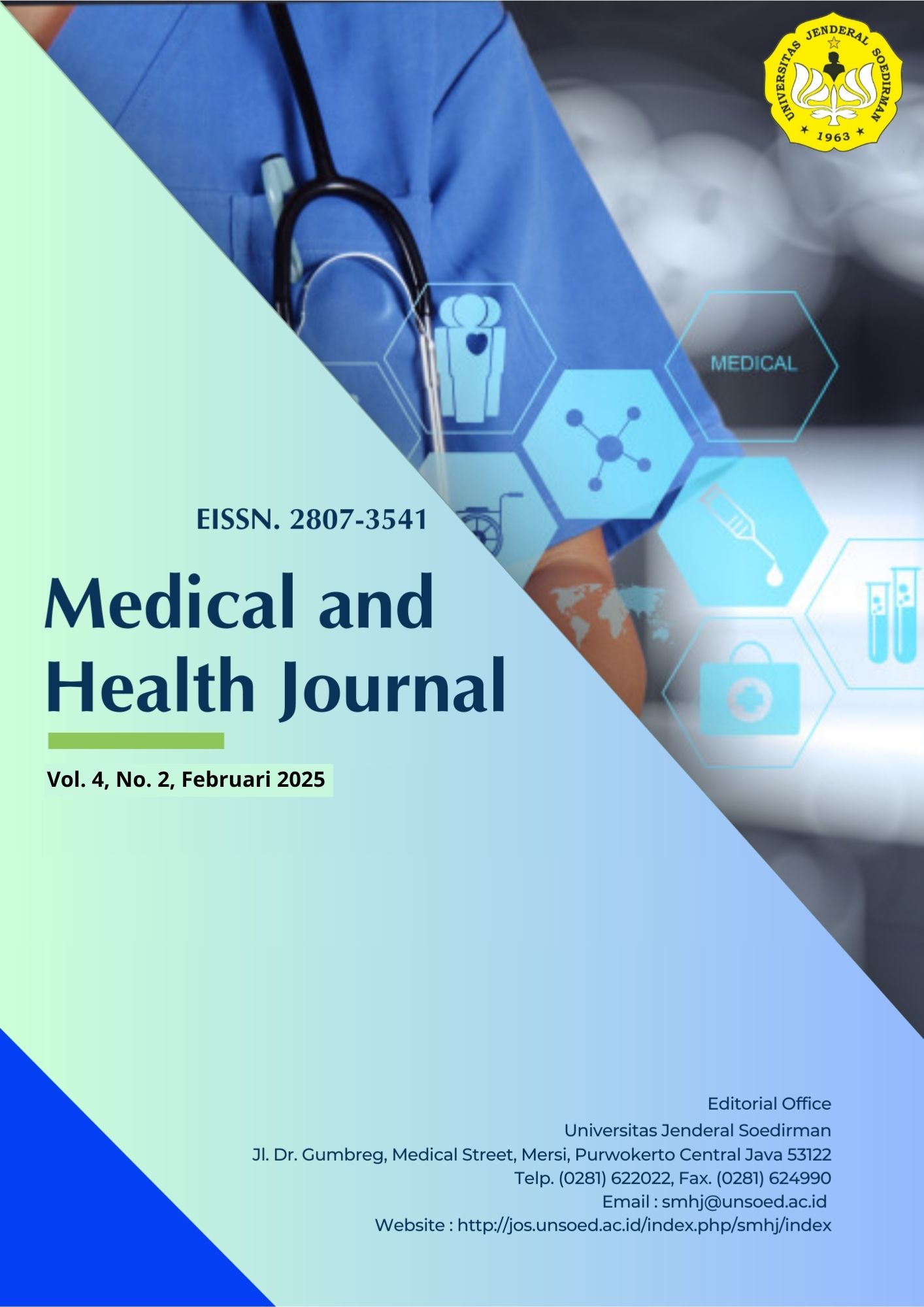DEPRESSION LITERACY AMONG TYPE 2 DIABETES MELLITUS PATIENTS AT KABILA HEALTH CENTER: A DESCRIPTIVE STUDY
Abstract
Depression literacy refers to an individual's ability to recognize, understand, and manage depression, particularly among patients with chronic illnesses such as type 2 diabetes mellitus. Low depression literacy can affect how patients cope with the psychological conditions accompanying their illness. This study aims to describe the level of depression literacy among type 2 diabetes mellitus patients at Puskesmas Kabila. This research employs a quantitative method with a descriptive survey design. The study population consists of 292 respondents, with a sample of 74 respondents selected using accidental sampling. The research instrument used is the D-Lit questionnaire to measure the level of depression literacy. Data were analyzed descriptively to determine the distribution of depression literacy levels among respondents. The results indicate that most respondents have a moderate level of depression literacy. These findings suggest that although respondents have an understanding of depression, further educational efforts are needed to improve their depression literacy to a higher level. Therefore, the results of this study can serve as a basis for Puskesmas Kabila in developing more effective educational programs to enhance depression literacy among type 2 diabetes mellitus patients, enabling them to better understand their psychological condition and improve their ability to manage their overall health.






